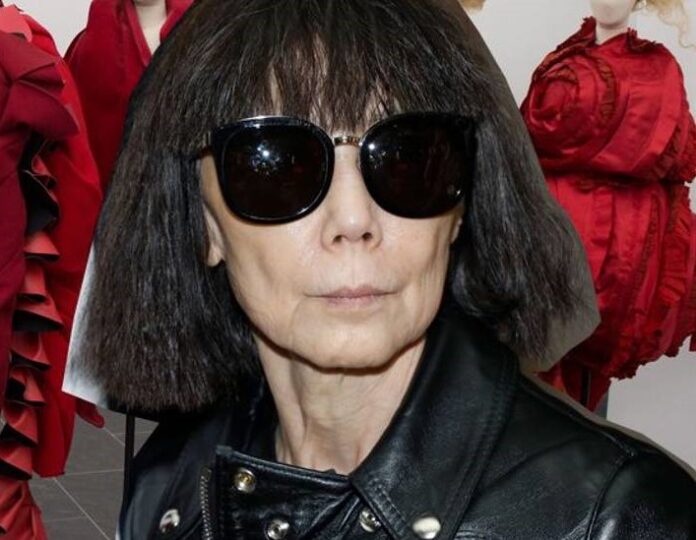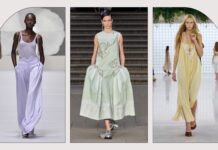Rei Kawakubo is a legendary fashion designer who has transformed the industry with her avant-garde designs and bold statements. Born in Tokyo, Japan, in 1942, Kawakubo started her career in the fashion industry as a freelance stylist before founding her own label, Comme des Garçons, in 1969.
Comme des Garçons, which translates to “Like Boys” in French, was founded on the principle of challenging conventional notions of femininity and beauty. Kawakubo’s designs were radical and unconventional, using unusual fabrics, asymmetrical cuts, and deconstructed silhouettes to create unique and thought-provoking pieces.
Kawakubo’s designs were initially met with skepticism and resistance from the fashion establishment. Her designs were seen as too avant-garde, too unconventional, and too difficult to wear. But despite the initial resistance, Kawakubo’s designs soon gained a following of fans who appreciated her unconventional approach to fashion.
Over the years, Kawakubo has continued to push the boundaries of fashion with her designs, never afraid to experiment with new forms, shapes, and materials. Her designs are often described as “anti-fashion,” challenging the traditional notions of what fashion should be.
One of Kawakubo’s most significant contributions to the fashion industry has been her rejection of the idea of “fit.” Her designs often intentionally do not conform to the body, challenging the traditional idea of fashion as something that should flatter and enhance the body. Instead, Kawakubo’s designs embrace a more abstract and conceptual approach to fashion, creating clothing that is more like wearable art than traditional garments.
Kawakubo’s designs have also challenged conventional gender norms, with her androgynous designs blurring the lines between men’s and women’s clothing. Her designs often feature unisex silhouettes, unconventional shapes, and an overall sense of ambiguity that defies traditional gender expectations.
In addition to her work with Comme des Garçons, Kawakubo has also collaborated with a variety of other designers, artists, and musicians, including Yohji Yamamoto, Junya Watanabe, and Cindy Sherman.
Today, Kawakubo remains an influential figure in the fashion industry, with her designs continuing to inspire new generations of designers and fashion lovers. Her bold and unconventional approach to fashion has challenged the status quo and redefined what it means to be a fashion designer.
Views: 62






